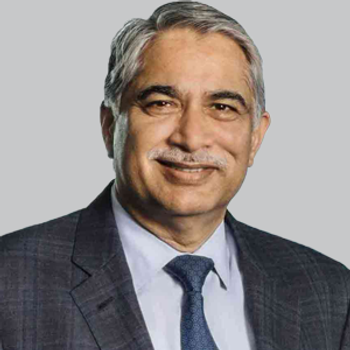
A panel of experts provide commentary on a range of topics regarding the integration of biosimilars in the management of multiple sclerosis, including the supporting data behind these agents and how the clinical community can adapt.

A panel of experts provide commentary on a range of topics regarding the integration of biosimilars in the management of multiple sclerosis, including the supporting data behind these agents and how the clinical community can adapt.

Despite the diagnosis of MS improving, misdiagnosis remains a challenge, pointing to the need for proper differential diagnosis and mimic identification.

With the first approved biosimilar entering the US treatment market, the time for clinicians to understand the coming era of therapies is now.

The effect of gaslighting on patients can result in serious harms, and although it is potentially common in the MS care continuum, whether it is deliberate or an institutional problem, it must be called out by providers.

We are closer than ever to individualized management of MS, and keeping up with the rapidly changing pace of MS care is challenging even for an MS specialist.

Over a 24-month follow-up, investigators observed increased ganglion cell loss that could potentially be associated with an enhanced risk of developing progression without relapse activity.

A recent analysis presented at MSMilan 2023 showed significant cognitive and biomarker improvements among patients with progressive multiple sclerosis receiving repeated intrathecal injections of autologous mesenchymal stem cells.

A new analysis of the SAkuraMoon study showed that annual relapse rate remained consistently low in satralizumab-treated patients, with high proportions of patients remaining free from relapse, severe relapse, and worsening in disability.

The injection therapy, branded as Tyruko, is indicated for the treatment of adults with MS, as well as those with severely active Crohn disease with inadequate response or tolerability to conventional therapy.

The executive vice president of the National MS Society provided insight on the Pathways to Cures roadmap, a global initiative to stop multiple sclerosis, restore function, and end MS.

In the supporting phase 3 study, treatment with GA Depot resulted in statistically significant reductions in annualized relapse rate, the primary end point, and other secondary outcomes of T1 and T2 hyperintense lesions.

With the new update, cladribine, glatiramer acetate, and rituximab, are now included in the Lists of Essential Medicines, filing a gap given the global burden of multiple sclerosis.

Differential diagnosis consideration for MS requires a circumspect approach dependent on the clinical presentation and accompanied by vigilance for clinical and paraclinical red flags suggesting alternative diagnoses.